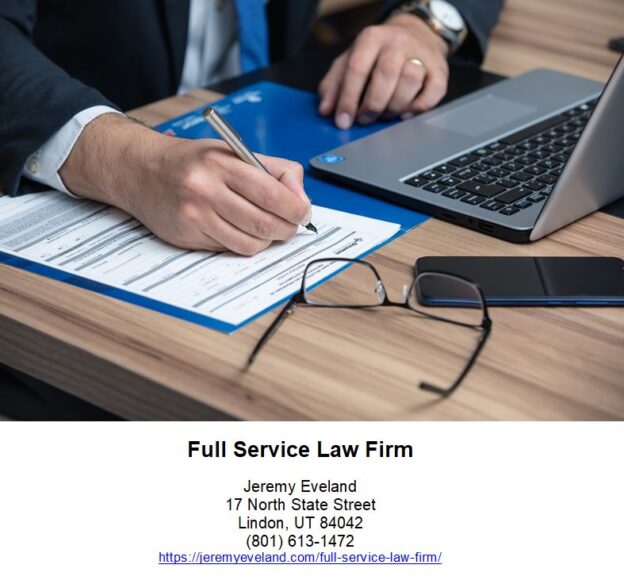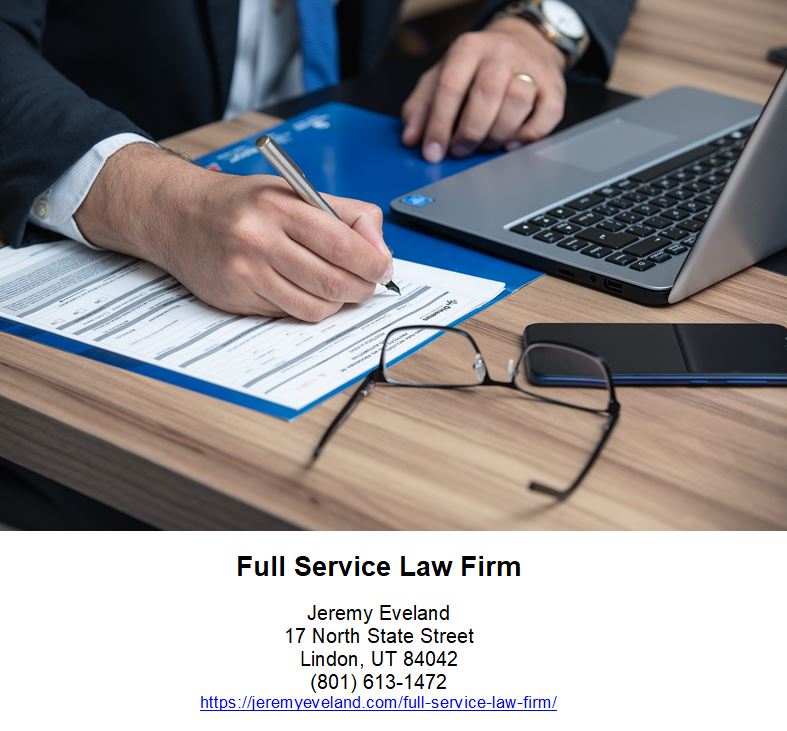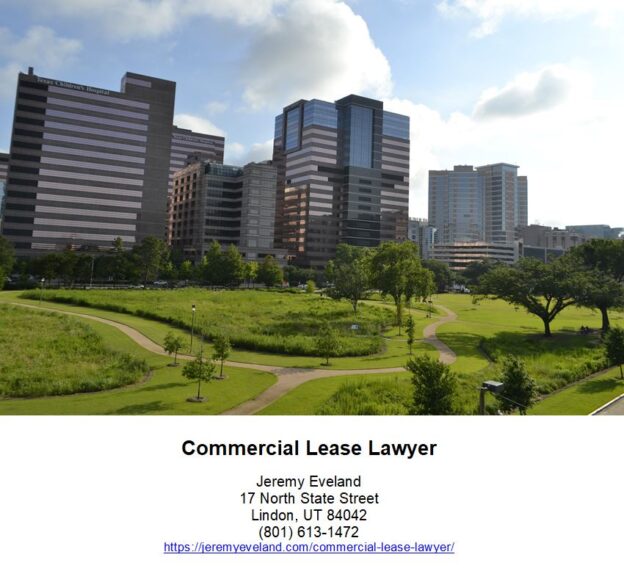-
Business Lawyer
- Introduction
- The Importance of Ethical Standards for Business Succession Lawyers in Roy Utah
- What to Expect from a Business Succession Lawyer Roy Utah Consultation
- The Role of a Roy Utah Business Succession Lawyer Roy in Estate Planning
- How to Choose the Right Business Succession Lawyer Roy Utah for Your Needs
- The Benefits of Working with a Business Succession Lawyer Roy Utah
- Understanding Business Succession Lawyer Roy Utah: What You Need to Know
- Hiring The Right Business Succession Lawyer for your Company
“Secure Your Business’s Future with Roy Utah: Business Succession Lawyer”
Introduction
Roy Utah is a business succession lawyer who has been practicing law for over 25 years. He has extensive experience in helping business owners plan for the future of their businesses. He specializes in helping business owners plan for the transfer of ownership and management of their businesses to the next generation. He also assists business owners in creating and implementing succession plans that will ensure the continued success of their businesses. Roy is committed to providing his clients with the best legal advice and guidance to ensure their businesses are well-positioned for the future.
The Importance of Ethical Standards for Business Succession Lawyers in Roy Utah
Business succession lawyers in Roy, Utah play an important role in helping business owners plan for the future of their companies. As such, it is essential that these lawyers adhere to the highest ethical standards in order to ensure the success of their clients.
Ethical standards are important for business succession lawyers in Roy, Utah because they provide a framework for the lawyer to follow when providing legal advice and services. These standards ensure that the lawyer is acting in the best interests of their client and that they are not taking advantage of their position. Additionally, ethical standards help to protect the client’s rights and interests by ensuring that the lawyer is not engaging in any unethical or illegal activities.
Ethical standards also help to ensure that the lawyer is providing accurate and up-to-date information to their clients. This is especially important when it comes to business succession planning, as the lawyer must be able to provide accurate information about the current state of the business and the potential risks and rewards associated with various succession plans. Additionally, ethical standards help to ensure that the lawyer is not providing false or misleading information to their clients.
Finally, ethical standards help to ensure that the lawyer is providing a high level of service to their clients. This includes providing timely responses to questions and concerns, as well as providing clear and concise advice. Additionally, ethical standards help to ensure that the lawyer is not taking advantage of their clients by charging excessive fees or providing inadequate services.
By adhering to ethical standards, business succession lawyers in Roy, Utah can help to ensure the success of their clients. These standards help to protect the rights and interests of their clients, provide accurate and up-to-date information, and ensure that the lawyer is providing a high level of service. As such, ethical standards are essential for business succession lawyers in Roy, Utah to ensure the success of their clients.
What to Expect from a Business Succession Lawyer Roy Utah Consultation
When you meet with a business succession lawyer in Roy, Utah, you can expect to receive comprehensive legal advice and guidance. During the consultation, the lawyer will review your business’s current structure and operations, as well as your goals for the future. The lawyer will then provide you with an overview of the legal options available to you and help you determine the best course of action for your business.
The lawyer will also discuss the various legal documents that may be necessary to ensure a smooth transition of ownership and management. These documents may include a buy-sell agreement, a shareholders’ agreement, and a succession plan. The lawyer will explain the purpose of each document and how it will help protect your business’s interests.
The lawyer will also discuss the tax implications of any business succession plan. This includes the potential tax liabilities associated with transferring ownership and management of the business. The lawyer will also provide advice on how to minimize these liabilities and ensure that the business is in compliance with all applicable laws.
Finally, the lawyer will discuss the various options available to you for financing the business succession. This may include obtaining a loan, selling equity in the business, or using other sources of capital. The lawyer will explain the pros and cons of each option and help you determine the best way to finance the transition.
By the end of the consultation, you should have a clear understanding of the legal and financial implications of business succession. The lawyer will provide you with the information and guidance you need to make an informed decision about the future of your business.
The Role of a Roy Utah Business Succession Lawyer Roy in Estate Planning
A Roy, Utah business succession lawyer plays an important role in estate planning. Business succession planning is the process of preparing for the transfer of ownership and management of a business from one generation to the next. It is a complex process that requires careful consideration of legal, financial, and tax implications.
A Roy, Utah business succession lawyer can help business owners navigate the complexities of business succession planning. They can provide advice on the best legal structure for the business, such as a corporation, limited liability company, or partnership. They can also help business owners understand the tax implications of different business structures and how to minimize their tax burden.
A Roy, Utah business succession lawyer can also help business owners create a succession plan that meets their needs. This plan should include provisions for the transfer of ownership and management of the business, as well as provisions for the distribution of assets. The lawyer can also help business owners create a trust to protect their assets and ensure that their wishes are carried out after their death.
Finally, a Roy, Utah business succession lawyer can provide guidance on the legal aspects of the succession process. They can help business owners understand the laws governing the transfer of ownership and management of the business, as well as the laws governing the distribution of assets. They can also provide advice on how to protect the business from creditors and other potential liabilities.
By working with a Roy, Utah business succession lawyer, business owners can ensure that their business is properly prepared for the future. They can ensure that their wishes are carried out and that their assets are protected. With the help of a qualified lawyer, business owners can ensure that their business is properly managed and that their assets are distributed according to their wishes.
How to Choose the Right Business Succession Lawyer Roy Utah for Your Needs
When it comes to choosing the right business succession lawyer in Roy, Utah, it is important to take the time to find the right professional for your needs. A business succession lawyer can help you navigate the complex legal process of transferring ownership of a business from one generation to the next. Here are some tips to help you find the right business succession lawyer for your needs.
1. Research: Start by researching business succession lawyers in Roy, Utah. Look for lawyers who specialize in business succession law and have experience in the area. Check out their websites and read reviews from past clients to get an idea of their experience and expertise.
2. Ask for Referrals: Ask your friends, family, and colleagues for referrals to business succession lawyers in Roy, Utah. This is a great way to get an idea of who is reputable and experienced in the field.
3. Interview: Once you have narrowed down your list of potential lawyers, it is important to interview them. Ask questions about their experience, fees, and approach to business succession law. This will help you get a better understanding of their qualifications and how they can help you.
4. Check Credentials: Make sure to check the credentials of any business succession lawyer you are considering. Check with the Utah State Bar Association to make sure they are licensed and in good standing.
5. Consider Cost: Cost is an important factor when choosing a business succession lawyer. Make sure to ask about fees and payment plans before making a decision.
By following these tips, you can find the right business succession lawyer in Roy, Utah for your needs. Take the time to research, ask for referrals, interview potential lawyers, check credentials, and consider cost before making a decision. With the right lawyer, you can ensure a smooth transition of ownership for your business.
The Benefits of Working with a Business Succession Lawyer Roy Utah
When it comes to business succession planning, it is important to work with a qualified business succession lawyer in Roy, Utah. A business succession lawyer can provide invaluable assistance in helping you to plan for the future of your business. Here are some of the benefits of working with a business succession lawyer in Roy, Utah:
1. Expertise: A business succession lawyer in Roy, Utah has the expertise and experience to help you navigate the complexities of business succession planning. They understand the legal and financial implications of business succession planning and can provide you with the guidance and advice you need to make informed decisions.
2. Comprehensive Planning: A business succession lawyer in Roy, Utah can help you create a comprehensive plan for the future of your business. This plan should include the transfer of ownership, the division of assets, and the management of the business. A business succession lawyer can also help you to create a plan for the future of the business, including the succession of ownership and management.
3. Tax Planning: A business succession lawyer in Roy, Utah can help you to minimize the tax burden associated with business succession planning. They can provide you with advice on how to structure the transfer of ownership and assets in order to minimize taxes.
4. Asset Protection: A business succession lawyer in Roy, Utah can help you to protect your assets from creditors and other potential liabilities. They can provide you with advice on how to structure the transfer of ownership and assets in order to protect them from creditors and other potential liabilities.
5. Estate Planning: A business succession lawyer in Roy, Utah can help you to create an estate plan that will ensure that your business is passed on to your heirs in the most efficient and cost-effective manner. They can provide you with advice on how to structure the transfer of ownership and assets in order to maximize the value of your estate.
By working with a qualified business succession lawyer in Roy, Utah, you can ensure that your business is properly planned for the future. They can provide you with the expertise and advice you need to make informed decisions and create a comprehensive plan for the future of your business.
Understanding Business Succession Lawyer Roy Utah: What You Need to Know
Business succession planning is an important part of any business owner’s estate plan. It is important to understand the legal implications of business succession planning and to have an experienced lawyer to help guide you through the process. Roy Utah is a business succession lawyer who can help you navigate the complexities of business succession law.
Business succession planning is the process of transferring ownership of a business from one generation to the next. It involves a variety of legal considerations, including tax planning, asset protection, and estate planning. Business succession planning can be complex and requires an experienced lawyer to ensure that all legal requirements are met.
Roy Utah is a business succession lawyer who has extensive experience in business succession planning. He has helped many business owners plan for the future of their businesses. He understands the complexities of business succession law and can help you create a plan that meets your needs.
Roy Utah can help you create a succession plan that meets your goals. He can help you identify the best way to transfer ownership of your business, including the use of trusts, wills, and other legal documents. He can also help you understand the tax implications of business succession planning and ensure that you are in compliance with all applicable laws.
Roy Utah can also help you create a plan to protect your business assets. He can help you create a plan to protect your business from creditors and other potential liabilities. He can also help you create a plan to ensure that your business is passed on to the right people in the event of your death.
Roy Utah is an experienced business succession lawyer who can help you create a plan that meets your needs. He can help you understand the complexities of business succession law and ensure that you are in compliance with all applicable laws. He can also help you create a plan to protect your business assets and ensure that your business is passed on to the right people in the event of your death. With Roy Utah’s help, you can ensure that your business is passed on to the right people and that your business is protected from creditors and other potential liabilities.
Hiring The Right Business Succession Lawyer for your Company
When it comes to business succession planning, it is important to hire the right lawyer to ensure that your company’s interests are protected. A business succession lawyer can help you navigate the complex legal and financial issues associated with transferring ownership of a business. Here are some tips for finding the right business succession lawyer for your company.
1. Research: Start by researching lawyers who specialize in business succession law. Look for lawyers who have experience in the specific area of law that your company needs. Check their credentials and read reviews from past clients to get an idea of their level of expertise.
2. Interview: Once you have identified a few potential lawyers, schedule an initial consultation to discuss your company’s needs. Ask questions about their experience and approach to business succession law. Make sure to ask about their fees and payment terms.
3. References: Ask the lawyer for references from past clients. Contact the references to get an idea of their experience working with the lawyer.
4. Negotiate: Once you have chosen a lawyer, negotiate a fee structure that works for both parties. Make sure to get a written agreement that outlines the terms of the agreement.
By following these tips, you can ensure that you hire the right business succession lawyer for your company. A good lawyer can help you navigate the complex legal and financial issues associated with transferring ownership of a business.
Areas We Serve
We serve individuals and businesses in the following locations:
Salt Lake City Utah
West Valley City Utah
Provo Utah
West Jordan Utah
Orem Utah
Sandy Utah
Ogden Utah
St. George Utah
Layton Utah
South Jordan Utah
Lehi Utah
Millcreek Utah
Taylorsville Utah
Logan Utah
Murray Utah
Draper Utah
Bountiful Utah
Riverton Utah
Herriman Utah
Spanish Fork Utah
Roy Utah
Pleasant Grove Utah
Kearns Utah
Tooele Utah
Cottonwood Heights Utah
Midvale Utah
Springville Utah
Eagle Mountain Utah
Cedar City Utah
Kaysville Utah
Clearfield Utah
Holladay Utah
American Fork Utah
Syracuse Utah
Saratoga Springs Utah
Magna Utah
Washington Utah
South Salt Lake Utah
Farmington Utah
Clinton Utah
North Salt Lake Utah
Payson Utah
North Ogden Utah
Brigham City Utah
Highland Utah
Centerville Utah
Hurricane Utah
South Ogden Utah
Heber Utah
West Haven Utah
Bluffdale Utah
Santaquin Utah
Smithfield Utah
Woods Cross Utah
Grantsville Utah
Lindon Utah
North Logan Utah
West Point Utah
Vernal Utah
Alpine Utah
Cedar Hills Utah
Pleasant View Utah
Mapleton Utah
Stansbury Par Utah
Washington Terrace Utah
Riverdale Utah
Hooper Utah
Tremonton Utah
Ivins Utah
Park City Utah
Price Utah
Hyrum Utah
Summit Park Utah
Salem Utah
Richfield Utah
Santa Clara Utah
Providence Utah
South Weber Utah
Vineyard Utah
Ephraim Utah
Roosevelt Utah
Farr West Utah
Plain City Utah
Nibley Utah
Enoch Utah
Harrisville Utah
Snyderville Utah
Fruit Heights Utah
Nephi Utah
White City Utah
West Bountiful Utah
Sunset Utah
Moab Utah
Midway Utah
Perry Utah
Kanab Utah
Hyde Park Utah
Silver Summit Utah
La Verkin Utah
Morgan Utah
Asset Purchase Agreement Consultation
When you need help with a Asset Purchase Agreement call Jeremy D. Eveland, MBA, JD (801) 613-1472 for a consultation.
Jeremy Eveland
17 North State Street
Lindon UT 84042
(801) 613-1472
Related Posts
Charitable Estate Planning Trusts
Estate Planning Lawyer Sandy Utah
Using Disclaimers In Estate Planning
Business Succession Lawyer Spanish Fork Utah
Corporate Attorney St. George Utah

















